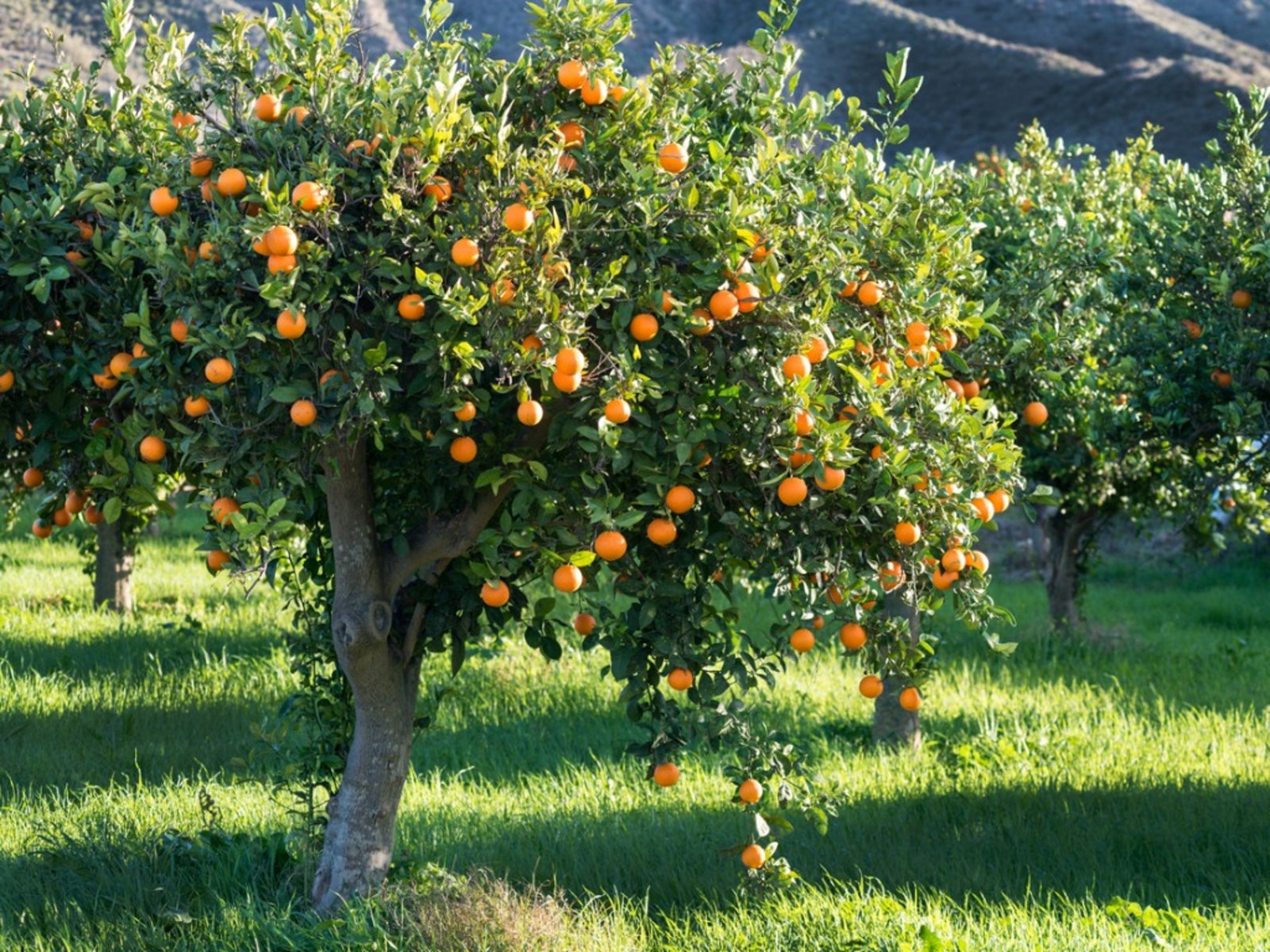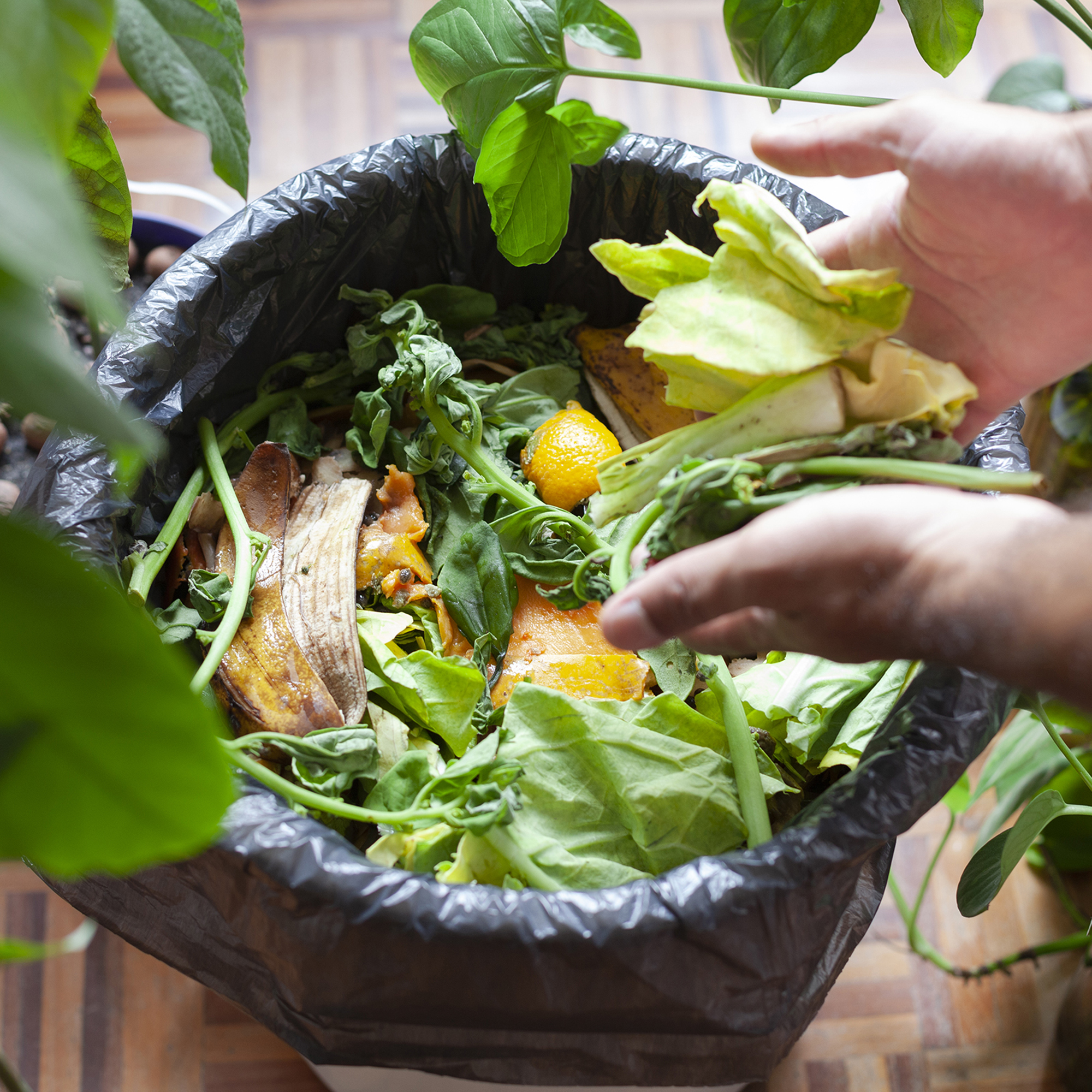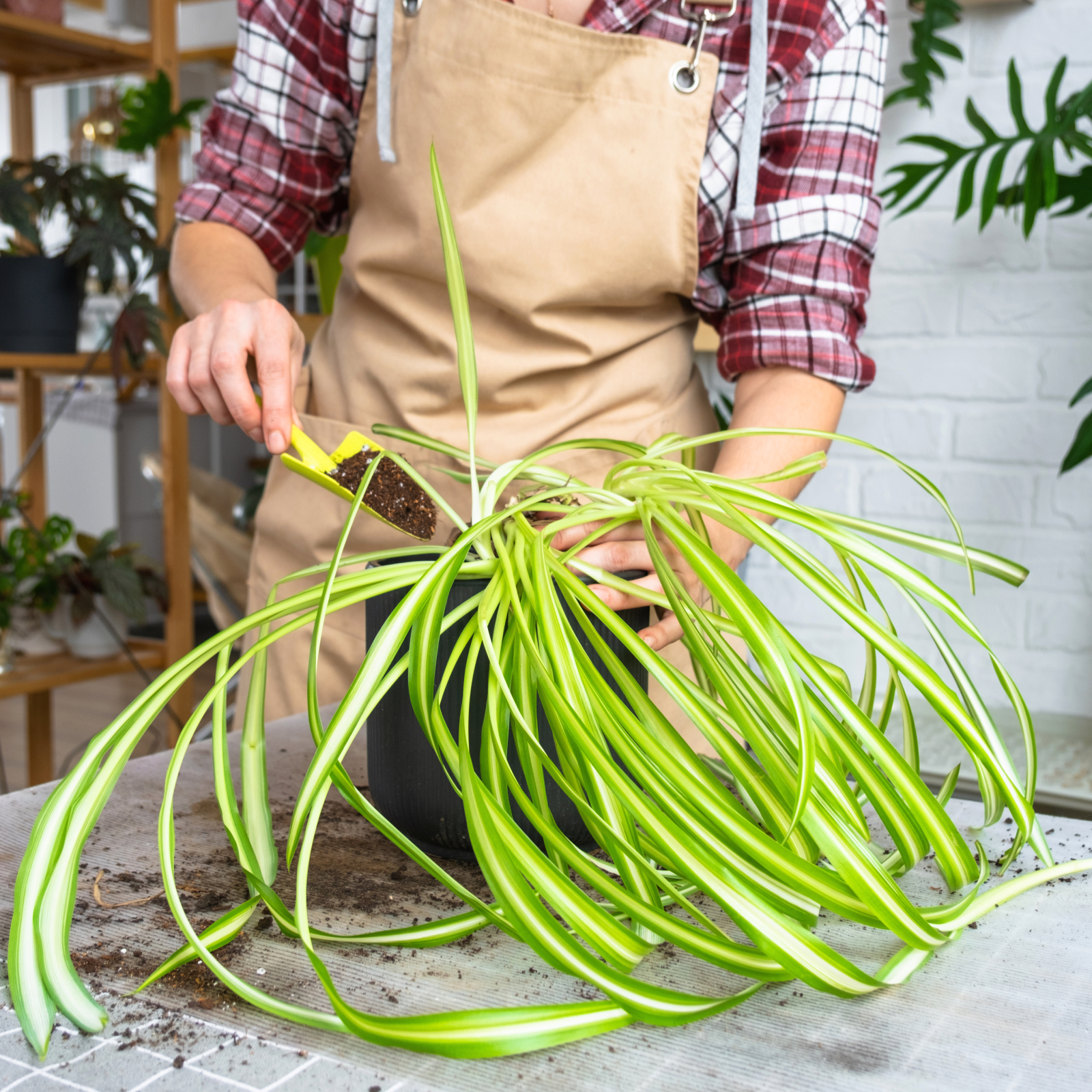Fertilizing Citrus Trees - Best Practices For Citrus Fertilizing
Your fruit trees are heavy feeders. They appreciate the proper types and amounts of citrus fertilizer for optimal health.

Citrus Fertilizer: Complete Guide For Gardeners
How much citrus tree fertilizer is required for health and good fruit production? No matter how rich your backyard soil is, fruit trees do best when dosed with citrus fertilizer. Citrus trees make excellent and appealing fruit trees for a backyard or home orchard. They are lovely, low-care ornamentals, with glossy green leaves, fragrant blossoms, and bright, delicious fruit. Learn how to fertilize them for the best results.
Do Citrus Trees Need Fertilizer?
Citrus trees grow best when provided with appropriate amounts of fertilizer. These trees offer not just a wealth of dark-green leaves that stay on the trees all year long, but also flowers and edible fruit. They are known to be heavy feeders, so you will do well to learn how and when to provide citrus tree fertilizer.
Citrus trees of all species have a tendency to bear a heavy load of fruit one year, then a lighter load the next year. They continue to alternate. However, appropriate fertilization reduces alternate bearing. It also will help preserve a citrus tree's resistance to fungal diseases.
Best Fertilizer for Citrus Trees
In an ideal world, the soil in which citrus trees are growing will offer them all of the nutrients they need. But most of us live in the real world, where nutrients leach out of soil as it is irrigated. The best fertilizer for citrus trees is one that supplies exactly what the soil lacks.
That means that it is difficult to provide general advice on how to fertilize citrus trees since soil conditions are not universal. The place to start is with a soil analysis. This will let you know what nutrients your soil already offers, and which nutrients need to be added with citrus fertilizer.
Citrus trees require phosphorus to help new roots develop at planting as well as to promote blossoms, nitrogen for growth, and potassium for healthy fruit development. Micronutrients like zinc and iron are also necessary. Once you know what your soil already contains, you can locate a fertilizer that complements the soil and completes the citrus fertilizer package. If you don’t opt for a soil test, use a complete fertilizer with micronutrients.
When to Fertilize Citrus Trees
If you are wondering exactly when to fertilize citrus trees, you will find that experts agree that three different feedings are beneficial throughout the growing season. The timing depends in part on the species of fruit and the age of the tree.
Gardening tips, videos, info and more delivered right to your inbox!
Sign up for the Gardening Know How newsletter today and receive a free copy of our e-book "How to Grow Delicious Tomatoes".
Generally, citrus should be fertilized three times a year. The total annual dosage is split into thirds with one portion provided at early bud break in January or February, a second a few months later at fruit swell. The final third should be given to the tree in May or June for oranges, tangerines, and grapefruit, but for lemons and limes, the final fertilizer is given in August or September instead.
How to Fertilize Citrus Trees
For a new citrus planting, spread the dose of fertilizer around the soil about 30 inches out from the tree. For established citrus trees, spread it on the soil twice the diameter of the canopy. In all cases, keep fertilizer away from the trunk.
What about micronutrients? If your citrus lacks micronutrients such as zinc or iron, supply these with a foliar application of a liquid-chelated micronutrient solution as the new growth emerges in the spring.
Frequently Asked Questions
What Is the Best Fertilizer for Potted Citrus Trees?
Citrus trees, particularly dwarf varieties, grow quite well in containers. This allows the gardener to move the plant indoors in winter. However, potted citrus need more irrigation than in-ground trees, and the frequent watering flushes out essential plant nutrients. You will want to use a slow-release fertilizer, such as a 12-6-6 or a 12-4-6. Make several applications - two to three - during the growing season, the timing based on the release rate of the product. The release rates depend both on the temperature of the air. The warmer the temperature, the quicker the release rate of the nutrients.
Can You Use All-Purpose Fertilizer on Citrus Trees?
If you don’t want to do a soil analysis, you can use any complete fertilizer for your tree. The recommended formulations are 6-6-6 or 8-8-8 for young citrus trees and 10-10-10 for established trees.

Heather Rhoades founded Gardening Know How in 2007. She holds degrees from Cleveland State University and Northern Kentucky University. She is an avid gardener with a passion for community, and is a recipient of the Master Gardeners of Ohio Lifetime Achievement Award.
-
 4 Superfast Composting Methods: Turn Waste Into Garden Gold In 30 Days Or Less
4 Superfast Composting Methods: Turn Waste Into Garden Gold In 30 Days Or LessTry the fastest composting methods to turbocharge your pile and transform kitchen scraps and garden waste into finished compost in just a few weeks.
By Mary Ellen Ellis
-
 Best Spider Plant Soil – Complete Soil Guide And Expert Tips For Keeping Plants Happy
Best Spider Plant Soil – Complete Soil Guide And Expert Tips For Keeping Plants HappySpider plants are fun and easy plants to grow, but what is the best soil for a spider plant? Selecting the right soil is important so they can thrive.
By Bonnie L. Grant
